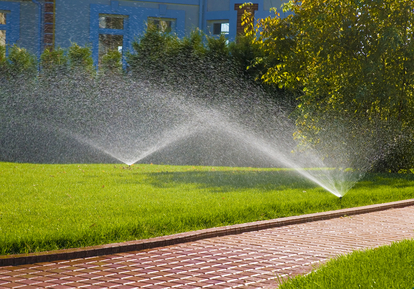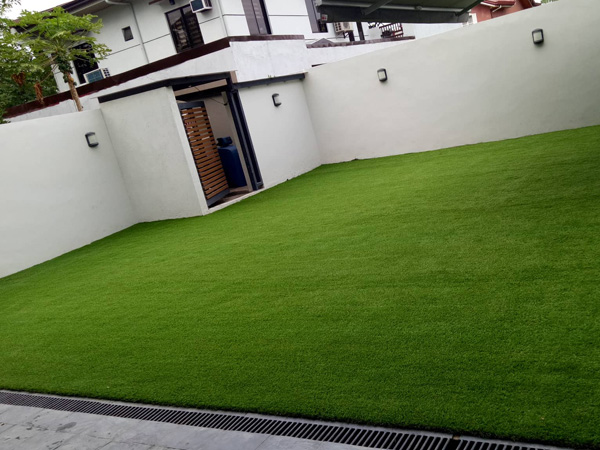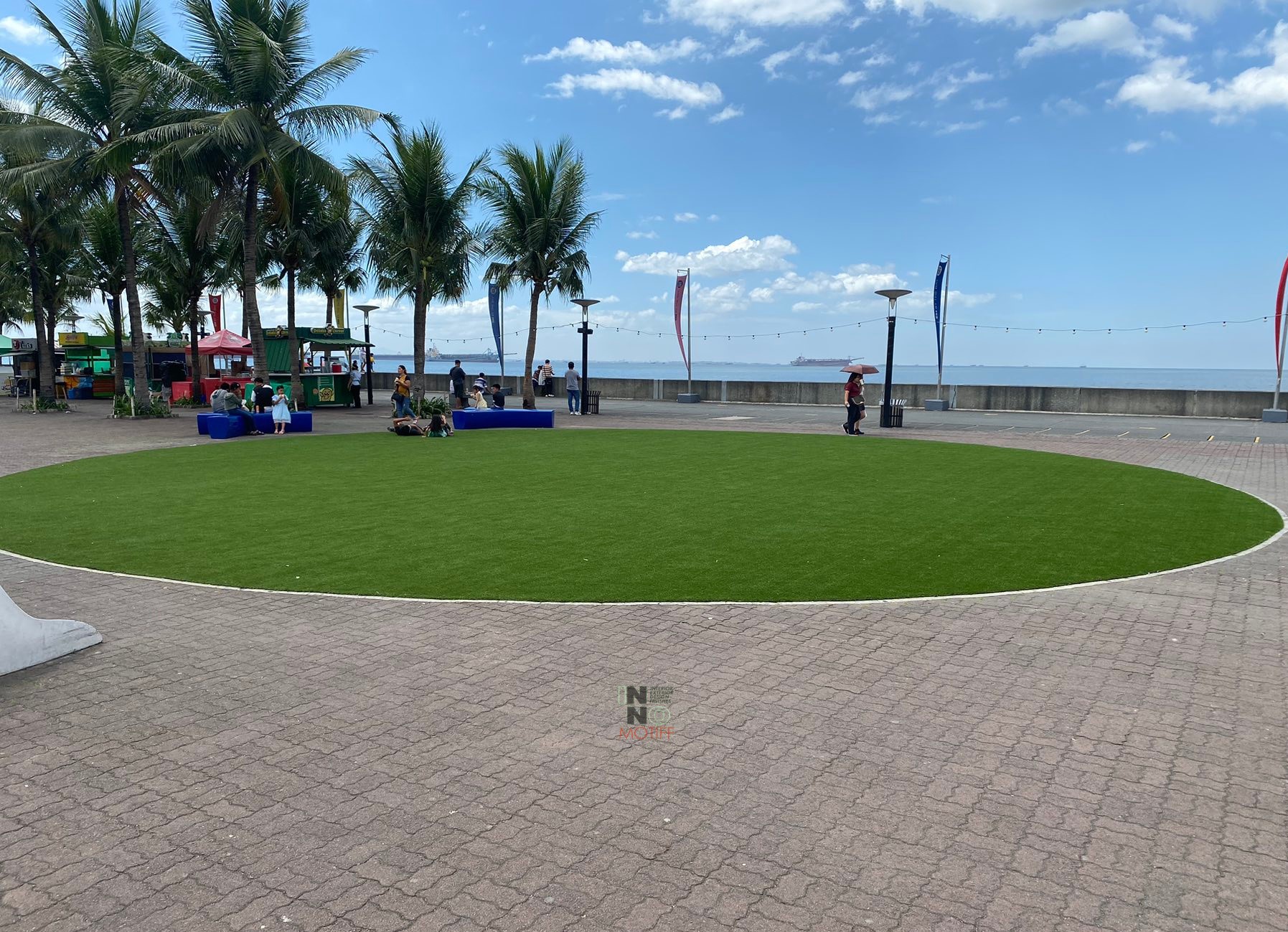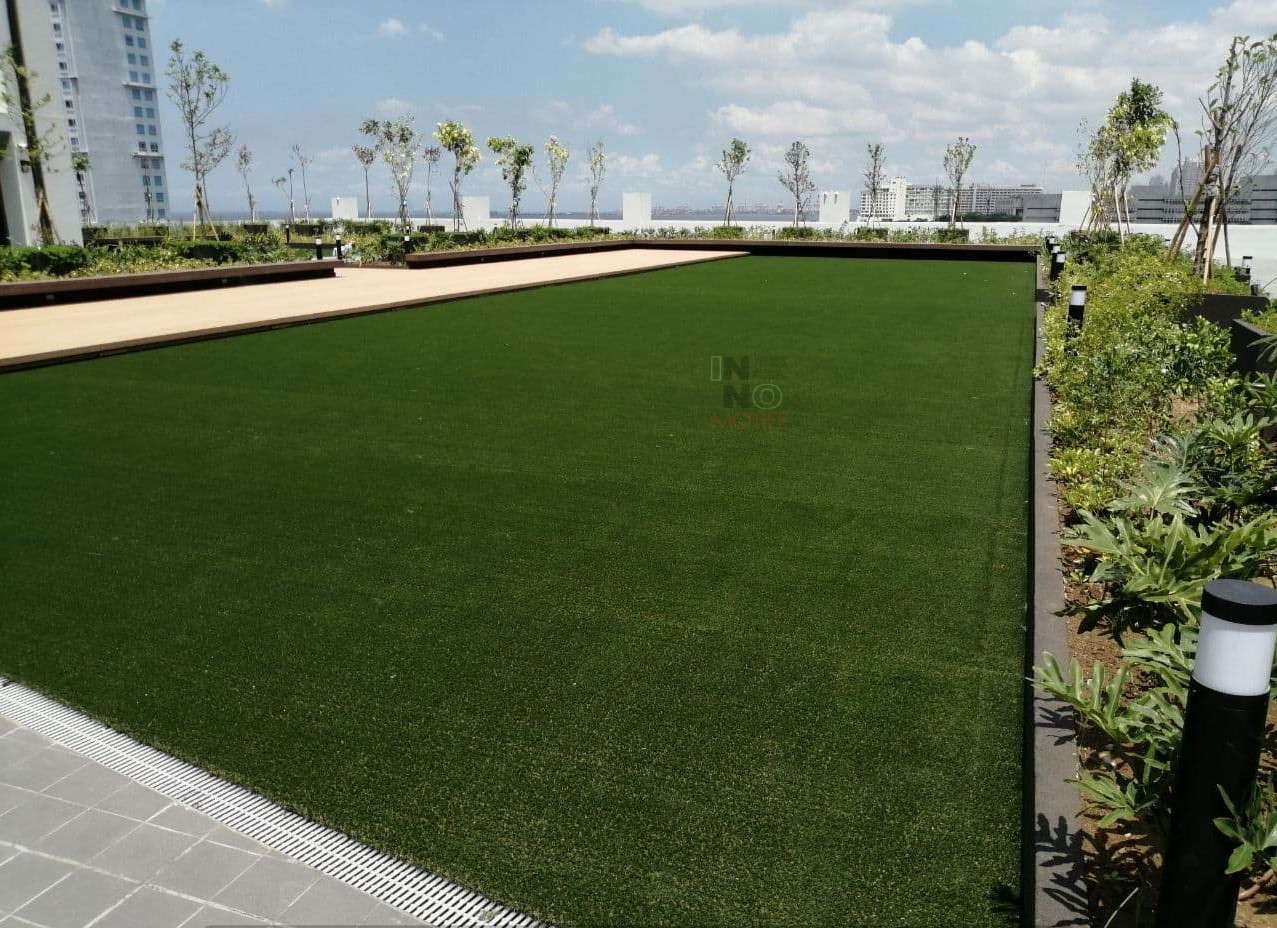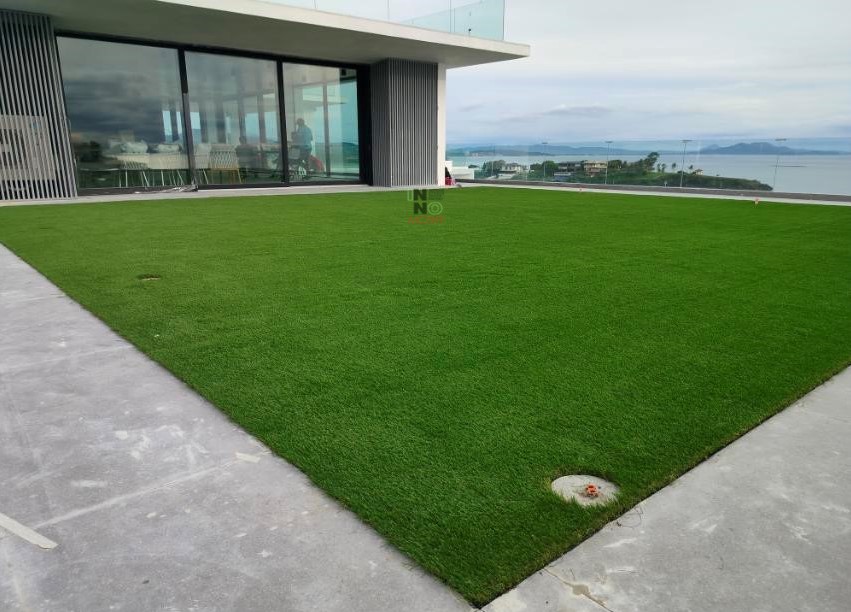Maintaining a lush and healthy landscape requires more than just occasional watering—it necessitates a consistent and efficient irrigation system. In this blog post, we’ll explore the vital role that irrigation systems play in ensuring optimal landscape health and how they contribute to efficient maintenance practices.
1. Understanding the Importance of Proper Irrigation:
Ensuring that your landscape receives adequate water is essential for the health of plants and the overall appearance of your outdoor space. Without proper watering, plants may wilt, brown, or even die. Irrigation systems provide a reliable means of delivering water directly to the root zone, promoting healthy growth and reducing water waste.
2. Types of Irrigation Systems:
There are several types of irrigation systems to choose from, each with its own set of advantages and disadvantages. Drip irrigation systems deliver water directly to the base of plants, minimizing water loss through evaporation. Sprinkler systems, on the other hand, cover larger areas and are ideal for lawns and larger landscapes. Soaker hoses provide a slow, steady stream of water along the ground, making them ideal for beds and borders.
3. Benefits of Installing an Irrigation System:
Installing an irrigation system offers numerous benefits for both homeowners and businesses. By delivering water directly to the root zone, irrigation systems improve water efficiency and conservation. Additionally, automated watering schedules ensure consistent moisture levels, promoting healthier plants and reducing the need for manual watering. Finally, irrigation systems save time and labor, allowing you to spend more time enjoying your landscape and less time maintaining it.
4. Factors to Consider When Choosing an Irrigation System:
When selecting an irrigation system, it’s essential to consider factors such as the size and layout of your landscape, the water source and pressure, and the water requirements of your plants. Additionally, budget considerations may influence your choice of system, as some options may be more cost-effective than others in the long run.
5. Maintenance Tips for Irrigation Systems:
Regular maintenance is key to ensuring that your irrigation system operates efficiently year-round. This includes inspecting for leaks, clogs, and malfunctions, as well as adjusting watering schedules seasonally to account for changes in weather and plant needs. Additionally, winterization procedures are essential to prevent damage from freezing temperatures.
6. Integrating Smart Technology for Enhanced Efficiency:
Smart irrigation technology offers an innovative solution for enhancing the efficiency of your irrigation system. By integrating sensors and controllers, you can automate watering schedules based on real-time weather data and soil moisture levels. This not only conserves water but also promotes healthier plant growth and reduces the risk of overwatering.
Takeaway
Irrigation systems play a vital role in efficient landscape maintenance, ensuring that your outdoor space remains healthy and vibrant year-round. By choosing the right system for your needs and incorporating smart technology where possible, you can enjoy a beautiful landscape with minimal time and effort invested in maintenance.

